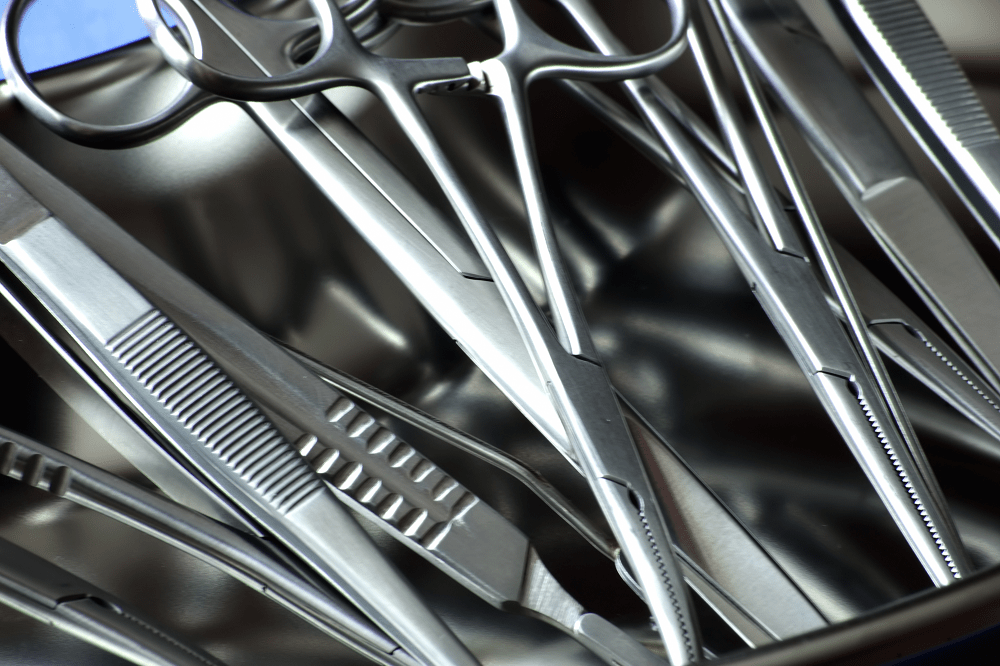In hospital settings, medical instruments are typically cleaned in an autoclave, but an autoclave isn’t useful for cleaning electronic medical equipment. In fact, it would ruin the equipment due to water damage.
To clean electronics, hospitals and other organizations often turn to medical equipment cleaners containing industrial grade high-purity alcohol, especially for removing oil accumulations. Isopropyl alcohol (IPA), methyl alcohol (a.k.a. methanol), ethyl alcohol (a.k.a. ethanol), and butyl alcohol (a.k.a. n-Butanol) are four options, but most hospitals choose IPA. Let’s compare the four alcohols to see why.
Methanol
The vapor pressure of methanol is three times higher than the vapor pressure of IPA. This means methanol has an exceptionally high evaporation rate. The high rate of evaporation produces a high density of methanol vapor in the work area. It also makes using ethanol for hand wipe applications impractical, as the evaporation rate makes it difficult to keep wipes properly saturated during use.
Ethanol
Ethanol is the type of alcohol found in alcoholic beverages. Drinking industrial grade ethanol would taste absolutely terrible, but it’s been done. This is why the federal government requires aqueous medical equipment cleaners that contain industrial strength ethanol to be denatured with solvents you can’t consume, such as IPA and acetone.
However, you can apply for government permission to use undenatured ethanol. But, as Berkshire notes, “[Using] pure ethyl alcohol… would require applying for government permits and complying with usage tracking procedures — more trouble than it’s worth.”
n-Butanol
This type of alcohol has a vapor pressure ? as strong as the vapor pressure of IPA, making it a good option in terms of controlling alcohol vapor in the work area and keeping wipes saturated. However, n-butanol’s high hydrocarbon content limits its solubility in water to a roughly 10% n-butanol solution. If you need to use an aqueous n-butanol solution that contains less than about 90% water, you’re out of luck.
IPA
Unlike n-butanol, IPA can be mixed with water in any concentration. This is why you commonly find industrial strength IPA in a concentration of roughly 1% water and 99% IPA. In addition to offering excellent flexibility in terms of alcohol/water concentration, IPA has a fast evaporation rate that makes it excellent for cleaning electronics.
However, unlike methanol, the evaporation rate is low enough for IPA to be used in the form of hand wipes, with excellent efficacy, and without producing exceptionally high levels of alcohol vapor in the work area.
Contact Us Today
If you need IPA as one of your medical equipment cleaners, getting it from Ecolink is a great option. We offer stock IPA, as well as customized IPA formulations that address the unique requirements of specific users. We also provide free test samples, so you can see how a solution works before you place an order.
To get started on choosing the right IPA formulation for your lineup of medical equipment cleaners, call us today at 800-563-1305, or send us an email using the contact form on our website. We look forward to providing IPA drop-in solutions you can use for years!















